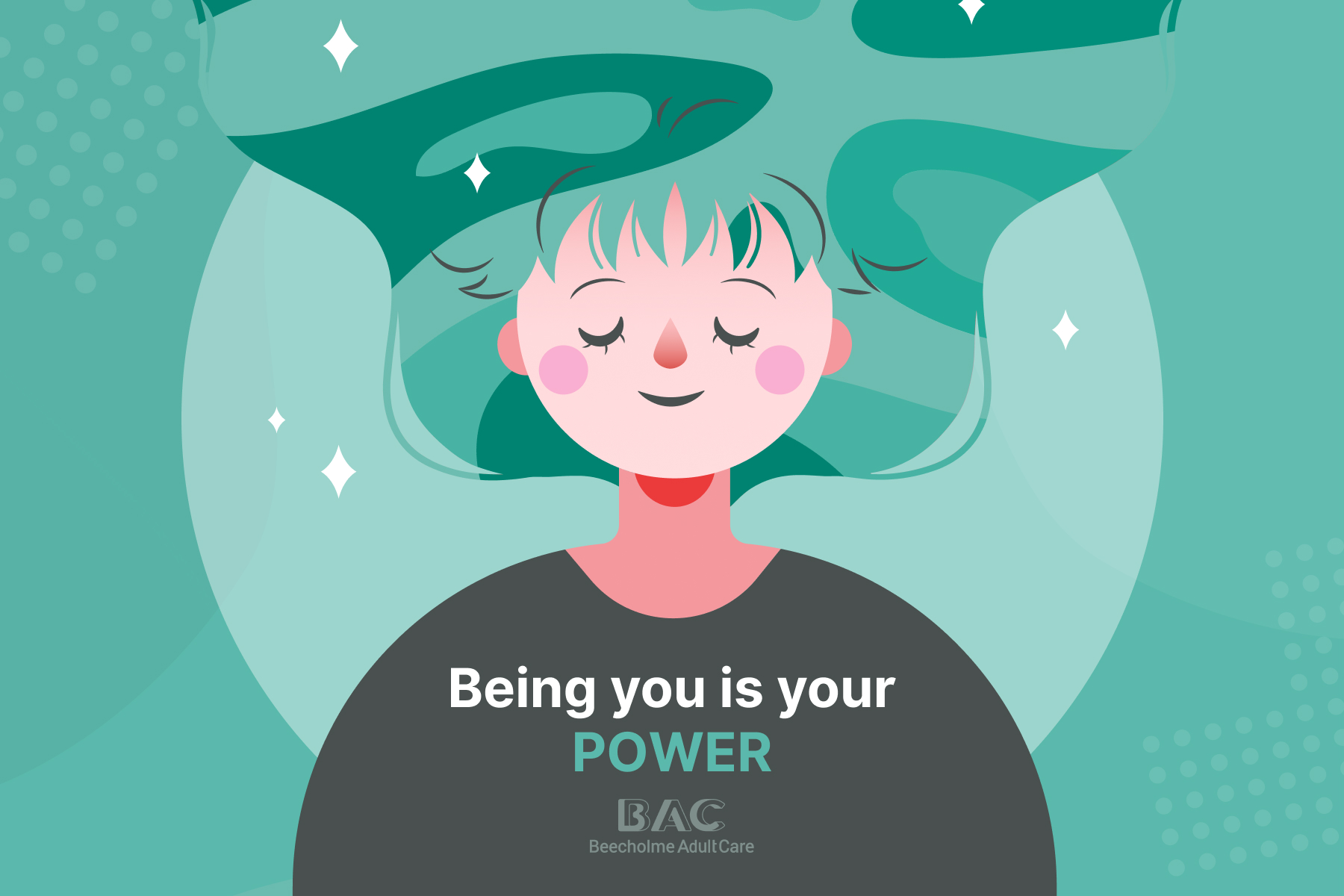We all face social situations in our life where we feel anxious and nervous but that doesn’t mean we suffer from social anxiety. Social Anxiety can be a disorder when it takes control of our lives and everyday events can be extra challenging. In this article we will show you how to cope with your social anxiety disorder.
NHS defines Social anxiety as a “long-term and overwhelming fear of social situations”. Social Anxiety can have a big impact on daily living affecting the quality of life.
Psychological symptoms of Social Anxiety
Occasionally we all feel anxious about some social situations but someone with social anxiety will experience some of these psychological symptoms:
- worrying intensely about social situations;
- fear that other people will notice you are anxious
- worrying about embarrassing yourself in a social situatios
- avoid any social events and increase your isolation
- fear being criticized, avoid eye contact, or have low self-esteem.
- have panic attacks
Physical symptoms of Social Anxiety
We tend to forget that social anxiety is not only a psychological issue but also affects us physically. So, what can you physically experience if you have social anxiety?
- blushing
- nausea
- excessive sweating
- trembling or shaking
- difficulty speaking
- dizziness or lightheadedness
- rapid heart rate
Tips and tricks to cope with Social Anxiety
- Try some techniques such as breathing exercises for stress
- Understand your triggers: The key to overcoming social anxiety is to understand what sorts of situations trigger your anxiety in the first place, and to find ways to practice these situations accordingly
- Keep a journal to write all your feelings and emotions down to see how much you are improving
- Prepare yourself for social events – do some relaxation techniques before the events and try to meet with a smaller group of people or in a m
- Go to a public place like a coffee shop – do something you like such as reading the newspaper in an environment it makes you feel uncomfortable. You can push yourself but remain in your mental comfort zone at the same time in a more reserved place.
Treatment for Social Anxiety
Both medication and therapy have been shown as effective to improve social anxiety. Psychotherapy can be used alone or together with prescription medications.
Cognitive-behavioral therapy (CBT) is known to be one of the best therapies to help people with social anxiety. This therapy helps you to identify negative thought patterns and behaviors, and change them.
BAC works with certified Counsellors specialized in CBT that can help you to cope with your Social Anxiety.

